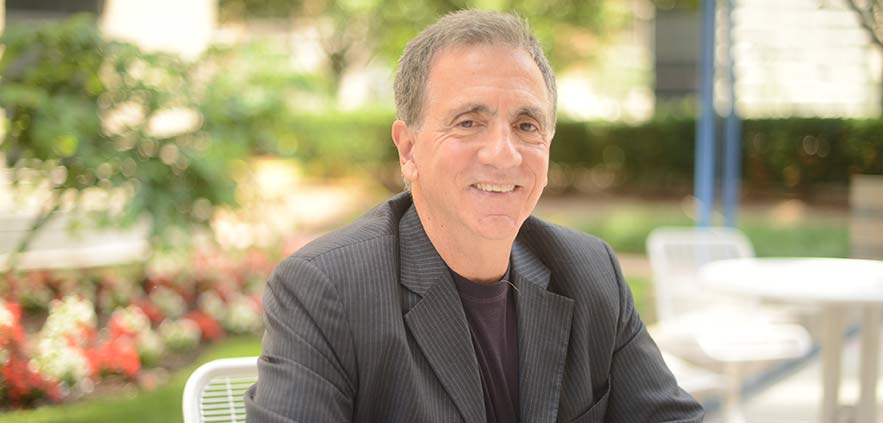In 2001, after years of intense lobbying, China joined the World Trade Organization, opening the economy of the world’s most populated country to the rest of the world. Economic liberalization was also followed by the relaxing of restrictions on movement and other personal freedoms.
But while the country has embraced economic freedom, democratic reforms there have not fared well, and in recent years, the ruling Communist Party has clamped down hard on dissent. Tom De Luca, PhD, professor of political science, says that the hope for democracy has been set back in other parts of the world as well, such as in post-Soviet Russia, and post-Arab Spring Egypt.
“The idea some argued when calling for China’s entry into the World Trade Organization was that with the development of capitalism, you would develop more of a middle class, which then would make demands on the system for more openness and more political freedom. “Unfortunately, real political freedom just hasn’t happened in China,” he said.
De Luca is uniquely qualified to assess the fits and starts of the democratic process in East Asia. He first visited the country on a Fulbright fellowship in 1999 when he taught a class there on U.S. Constitutional Law, and has returned every year since, for the last nine years with Fordham students as part of his class, China and the U.S. in the Era of Globalization. The course will be offered again next spring.
In 2005, the country was open enough that De Luca was able to organize, with colleagues at China University of Political Science and Law, a conference on constitutionalism and democracy in China. In a prelude for the backlash to come, it was canceled by authorities at the last minute. Undeterred, he moved it instead to the sanctuary of the Netherlands embassy in Beijing. He attributes the growing intolerance for dissent, in part, to a deep fear of social instability that is an effect of China’s incredibly rapid change.
“A lot of people don’t know this, but China has probably 100,000 demonstrations a year. The government documents these things and its known among people who study this,” he said.
“A lot of times, it’s very local stuff. You know, they took my land to build this factory, and I was supposed to get a certain amount of compensation and it hasn’t come,” he said.
The theory and practice of democracy in the United States and abroad have formed the basis of De Luca’s scholarship. Most recently, he co-authored The Democratic Debate: American Politics in an Age of Change (Cengage Learning, 2015), now in its sixth edition.
In China, the biggest test of whether economic and political liberalization can co-exist is in Hong Kong, where leaders recently rejected a proposal by the Communist party to allow citizens to choose their leader from a slate of candidates chosen, in effect, by the party.
“Beijing has to be careful, because they can’t use the kind of extremely heavy hand that they used in Tiananmen Square in 1989. I’m not saying in the end they wouldn’t, but they have to be careful, because it would be very economically harmful to China to have that kind of confrontation now,” said De Luca, who also heads Fordham’s International Studies program at Lincoln Center.
Democracy is not unheard of in the region, of course, and De Luca notes that for every Singapore, which is economically vibrant but not democratic, there are democracies in South Korea, Japan and Taiwan. And students learn a lot just by visiting Beijing and Guangzhou (old Canton), where they live for about a week with students at Sun Yat-sen University.
“First it’s observing; how is Guangzhou different from New York or even from Beijing? But then when they’re with the Chinese kids, then it’s really a matter of talking about their lives, and that inevitably brings comparisons; you know, ‘What’s my life like, what’s your life like?’ They often make a friend or more than one friend,” he said.
Democracy isn’t fading as a model for the world, but it is in danger of losing its luster, he said, thanks to the demonization and vitriol in American politics that’s made it so difficult for our political system to look efficient.
“It’s a question for some people: Is that really a model that would work for us? So I worry about that a little. I do think still that democracy is far and away the most appealing philosophy as how to organize a society. I don’t have any doubt about that, but I do think that democracy’s not in everyone’s interest, and people will push back against it,” he said.
“We saw that in Egypt, where the president who was elected is essentially on trial for his life. It moved very quickly back to a military dictatorship. But you know, that’s how history is. History moves in its own way, so that doesn’t mean that’s the end of the story.”

